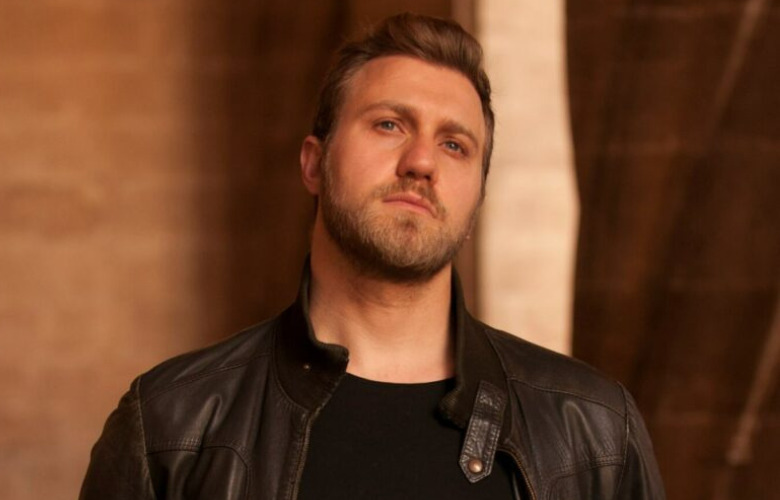
Ernesto Petti was born in Salerno, and is currently making his title role debut as Rigoletto as part of Opera Australia. The run time for Rigoletto is set for 2 hours and 45 minutes including one interval. He graduated from the Accademia di Alto Perfezionamento Torre del Lago Puccini and was a member of the Centre Perfeccionamento Placido Domingo at Palau de les Arts in Valencia. Some of his most notable work include his debut at a young age as Giorgio Germont in La Traviata in Lecce, Renato in Un Ballo in Maschera at NCPA in Beijing and in Piacenza, and Paolo in Simon Boccanegra at the Concertgebouw in Amsterdam. In this interview he talks about his awakening for becoming a baritone opera singer, his career change, and some advice for those taking on large roles.
Photo credits go to photographer Keith Saunders for all photographs used in this interview.
Honestly, I have never thought there was a difference. I usually tend to engage in all roles with the same intensity and passion. However, undoubtedly Rigoletto is a special case. It is a much more demanding role compared to others, both physically (as you are forced to sing while bent over) and psychologically. In fact, the role of Rigoletto has a vast range of emotions that require a greater commitment to dynamics and interpretation.
Auditions generally cause a lot of stress for singers because they feel judged. I try to be as confident as possible and always look at those who are judging you.
I try to do some breathing exercises and relax as much as possible, aware that even if it doesn’t work out, it’s not the end of the world.
One of the most common mistakes is not being prepared, and I find it a lack of respect towards the theatre and colleagues. That’s why I always try to be extremely prepared for a performance.
Singing on crutches and hunched over was something that helped me a lot to empathise with a suffering and deformed character, not only deformed physically but also in spirit.
What I have noticed over the years is that social media are increasingly taking over in building an artistic career, and this has its pros and cons… Today, you can no longer afford to have an off-night because you would find the video on the internet right away.
It was something sudden. Classical music was always listened to at home because my father was a great fan, but for some reason, I wasn’t drawn to it. One day, my mother put on a vinyl of Franco Corelli, and I had a true awakening… that voice permeated every fibre of my being, and from that day on, nothing else mattered except singing.
Certainly singing hunched over and on crutches is a real challenge because it doesn’t help with voice support, but the true complexity lies in giving credibility to a character who has continuous emotional changes. Not to mention the extremely high vocal range.
The funniest thing that happened to me on stage was during a concert of “Ballo in Maschera”. Usually in concerts, we stand still in formal attire, but in the final scene, Riccardo (the tenor) is supposed to die, and the tenor decided that he had to do that scene lying on the ground. Well, I couldn’t continue singing because of laughter, and I had to exit the stage.
I would say to continue as I have always done, with the same level of dedication and without ever giving in to the disappointments that I will surely encounter And to believe in myself like no one else can.
Also by Drew Janine:


Janine has always been a part of music and performing. The first show that inspired her to go into theatre was the Velveteen Rabbit which she saw as a child, and Drew works to keep that magic alive in her work. When Drew was accepted into an internship program for audio engineering at a recording studio, she jumped at the opportunity. That was at the start of 2020, and so much has happened since then, both in her career and in the world. Since then, Drew has taken several opportunities to work at recording studios, concerts, festivals, and even large theatres while spending some time on tour. Drew's favorite by far though, has been the chance to work on Broadways and West End shows, as this was a dream come true. Drew is honoured to get to share these experiences from being inside the entertainment industry.
Read Full Profile© 2021 TheatreArtLife. All rights reserved.

Thank you so much for reading, but you have now reached your free article limit for this month.
Our contributors are currently writing more articles for you to enjoy.
To keep reading, all you have to do is become a subscriber and then you can read unlimited articles anytime.
Your investment will help us continue to ignite connections across the globe in live entertainment and build this community for industry professionals.